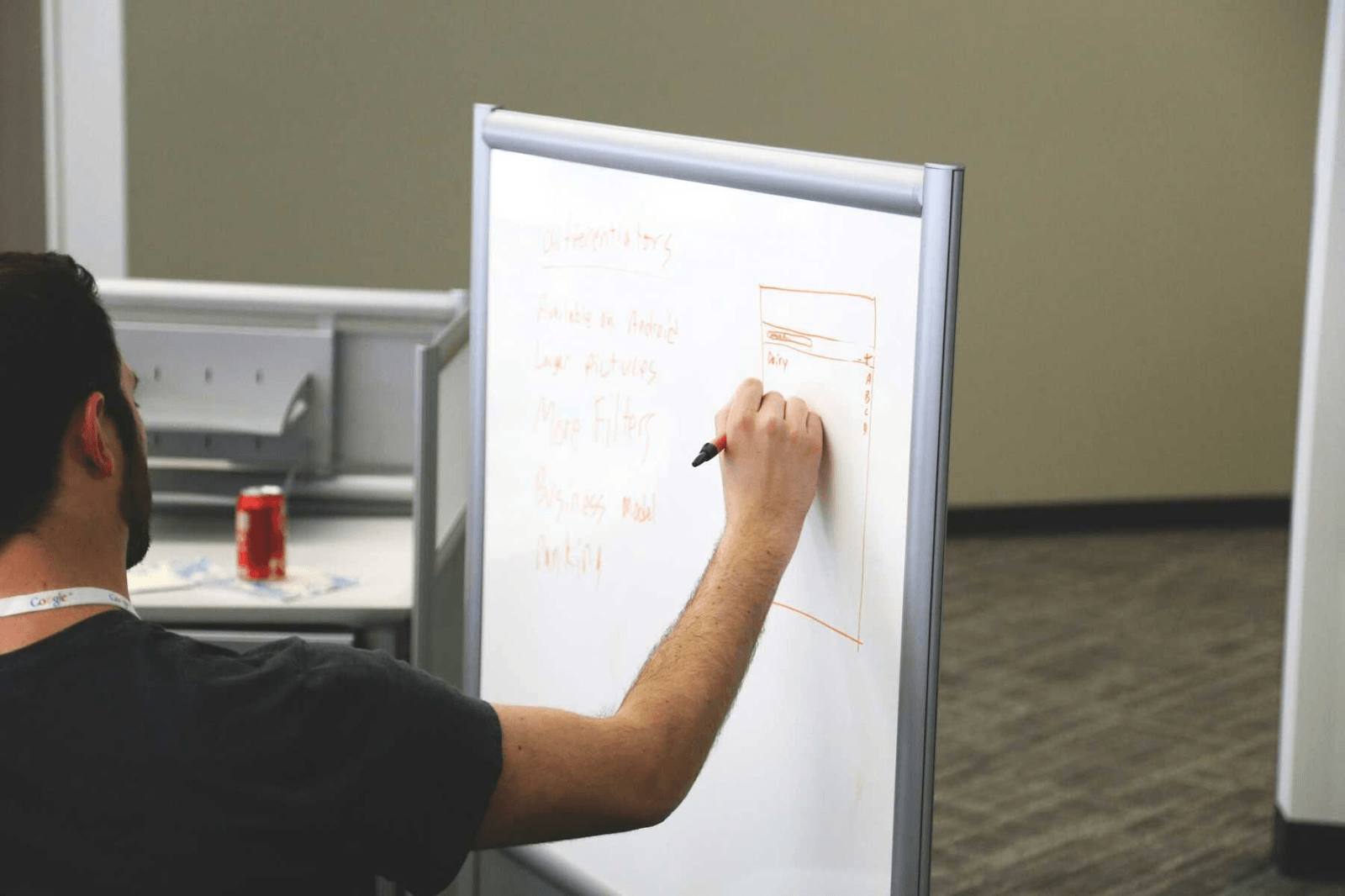The Importance of Time Tracking in Project Management
Time management helps to track how much time is spent on individual tasks and the overall completion of the project. It's usually measured in man-hours or man-days.
The essential requirement for finishing a project successfully is good planning. So, how do we gauge if the plan tallies the expected timeframe? How do we monitor execution and ensure we give a timely solution to the need at hand? Project management.
However, project management is not a standalone. It's composed of various key elements. One of these elements is time management. Time management helps to track how much time is spent on individual tasks and the overall completion of the project. It's usually measured in man-hours or man-days.
If you're not familiar with time-tracking, the idea that it will overwhelm the team or hinder creativity may be pushing you away. But the truth is, tracking how much time spent on each project benefits everyone involved.
Develop Better Project Plans
Time tracking provides you with a substantial amount of data crucial to effective planning. What part of the project was time-consuming? How important is the time-consuming task to the overall project? Was it worth the time it took? Time-tracking enables you to categorize tasks appropriately. Hence, prioritize accordingly.
Knowing the time the team spends on tasks helps you to recognize each person's strengths and weaknesses. It also gives you a clearer idea of who should do what work. Thus you can empower the team to harness their strengths when accomplishing tasks.
Increase Productivity
Zapier recently studied how knowledge workers spend their time. Among the most significant barriers to productivity, one answer stands out that may not surprise many of us-time management with a percentage of 35%.
Our brain can only focus on one task at a time. And, for many of us, efficient multitasking is a misconception. If we want the best results, multitasking shouldn't be a go-to. It is much more effective to do things one by one.
One of the reasons why time tracking increases efficiency is that it doesn't permit multitasking. There is a task ahead and a specific period assigned to it. Avoiding interfering with other tasks allows for better focus which ultimately increases productivity.
Improve Estimate Accuracy
Knowing how much time is spent on a task gives a more accurate idea of how much time the same or similar tasks will take. This makes future project estimation processes easier and more accurate. Thus, you can prevent work overloads and provide a more balanced work-life.
Build Stronger Communication With Client
Time tracking lays the foundation for reports to be shared with clients and other stakeholders. Sharing the stage of the project and the roadmap helps partners view and understand the project in a better light. Plus, they know exactly where their investment or effort is going as well as how it's paying off.
Manage Scope Creep
Change demands are inevitable parts of project management. However, too frequent or sudden changes that are not appropriately managed can negatively impact the progress of the project and can result in scope creep. Time tracking supports faster completion of projects by clearly defining the task's description, duration, and cost.
Conclusion
Once you start time tracking, you'll begin to see remarkable improvements in productivity. All you need to do now is to help the team understand and adapt to the new strategy. Always remember that time management is the key to achieving set goals in professional and individual life.
A good starting point is to use software where tasks assigned can enter time estimates and you can time track.
Start Today!
MaestroCR is a platform where project managers, developers, and customers (depending on authority) can track project stages, efforts, and invoices. Click for more information or register now for free.
Want to learn more about what we're building?
Sign up to our News!
You’ll know better, find better, we promise.


